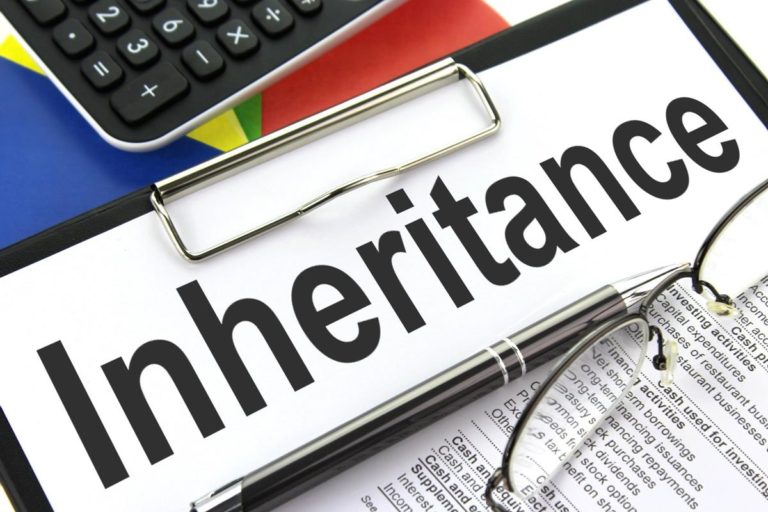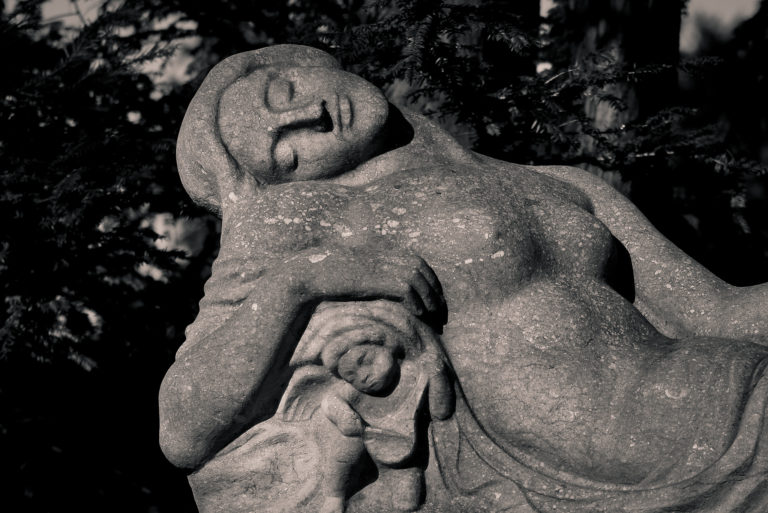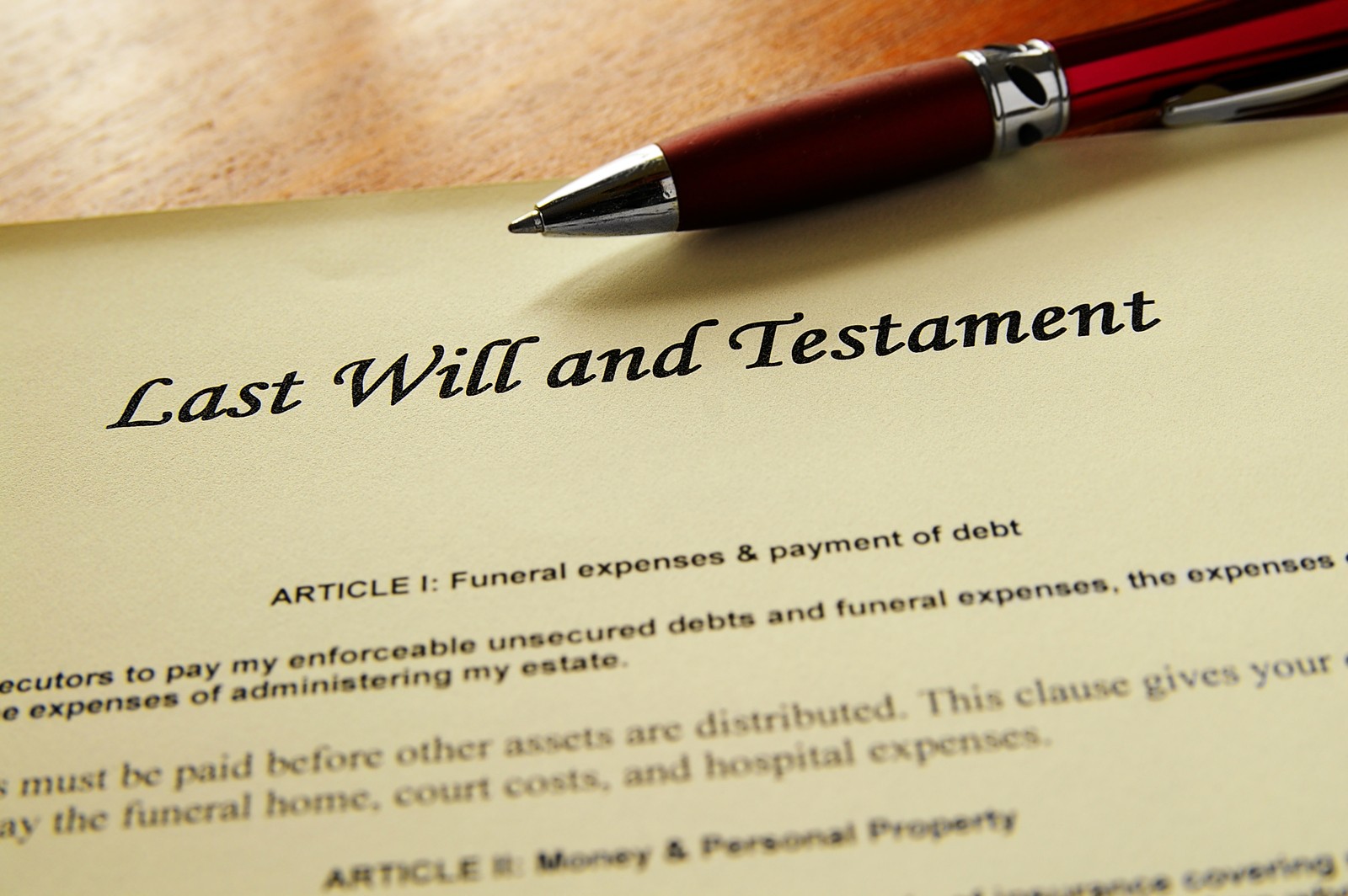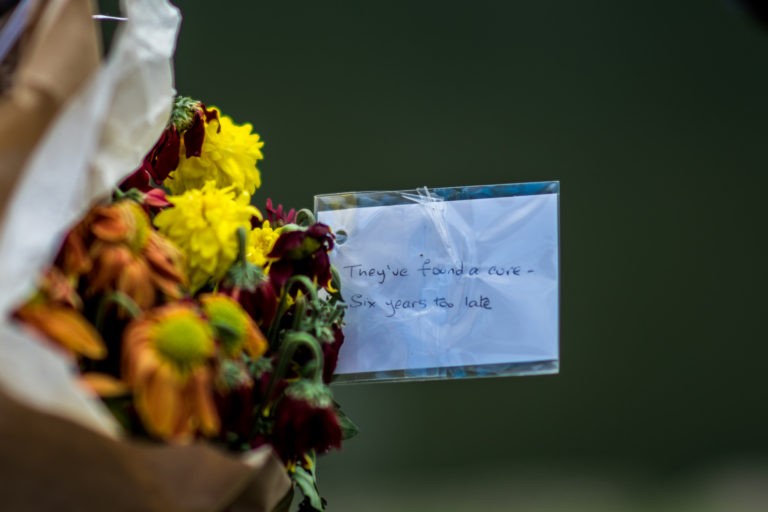Death often takes us by surprise. It is an unfortunate affair, and can leave us reeling through stages of bereavement. Often, due to an accidental death, or an inability to come to terms with a medical condition, our loved ones will pass without leaving a will. 59% of UK adults don’t have a will! This is called intestacy: the state in which a deceased’s estate is left without an executor. Often, this can make an already emotionally charged situation even more chaotic, as grieving family members scramble for their inheritance. In England and Wales, Intestacy is governed by a set of rules. Understanding these rules will help you through this difficult time.
Dying without a will loosely defined
Loosely defined, dying without a will your estate will transfer in the following order of surviving relatives. First to your spouse or civil partner, second to your children, third to grandchildren, fourth to other relatives, and finally in the situation in which you have no surviving relatives, the crown. The laws and stipulations vary accordingly.
Your spouse or civil-partner
The first £250,000 of your loved one’s estate plus their possessions will go to their spouse or civil partner. Their spouse will also receive half of everything after the first £250,000. The other half will be given to their children. If they had no children then their grandchildren. Joint owned properties and bank accounts will then be transferred to their spouse as well. It is important to note that their spouse or partner will receive this even if they are separated, but not legally divorced.
Your loved one’s children
If the deceased are not married, but have children (including adopted children) then the children will receive the estate. Your loved one’s estate will be divided up equally between the surviving children. In the event that only the deceased’s grand children survive (all the deceased children have died), then the estate will be divided equally between them. Assuming they are not married, the children / grand-children will not receive their inheritance until they are 18 years old. Step children will receive nothing unless specified in a will.
The deceased’s relatives
Under certain circumstances the deceased relatives may inherit the deceased estate. For example, if the deceased has no spouse or children, their parents will receive the estate. If they also have no surviving parents, then his brothers and sisters will inherit the estate; if they have also passed then the estate goes to their children (their nephews and nieces). Barring this it will go to half brothers and sisters and then to cousins. Further elaboration can be found here.
The crown
Assuming there is no surviving blood relatives, and dying without a will, then the estate goes to the crown.
In layman’s terms, if the deceased has no will, their inheritance may not be distributed in a fashion they wanted. Although it may be an awkward conversation, often it is best to encourage our loved ones to create a will, to avoid conflicts, and guarantee that they can take care of those they love. Likewise if you do not have a will you should consider contacting a solicitor.





